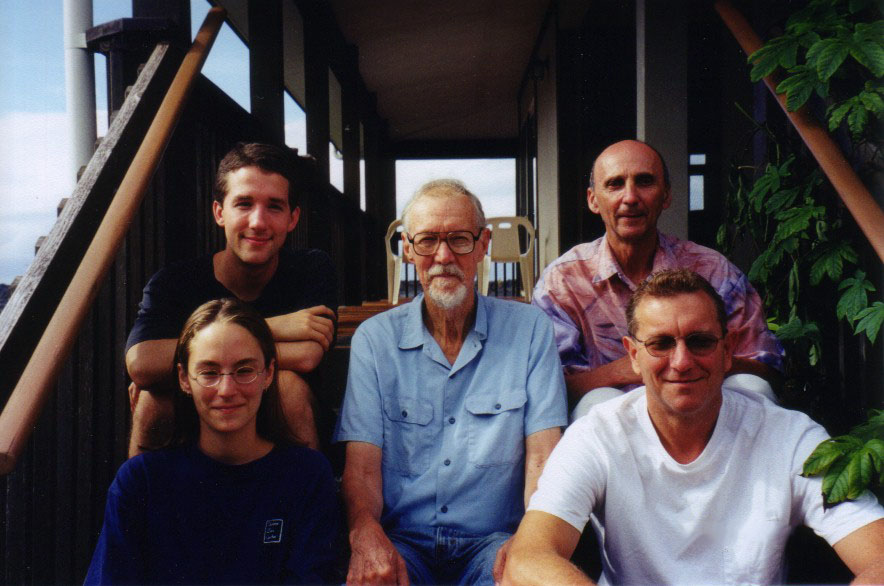From a talk delivered at the Zen Center of Denver Oct. 16, 2022. Listen to the talk on the ZCD’s website at https://zencenterofdenver.org/a-cadre-of-change/.
What is the Sangha? I find myself returning to this question over and over. Some people say the Sangha is everything and every person in the whole universe. This idea is correct, but it can be misused – just as Hakuin’s words, ‘This very body is the Buddha,’ can be misused. Personal practice must implement the universal view of Sangha. Actualizing is our work, individually and socially.
Some people say that Sangha is sanctuary. This idea is correct, but it too can be misused. We need a sanctuary for our zazen, just as we need peace in our hearts individually. But ultimately sanctuary is isolation. I am coming to feel that Buddha Sangha, and by that I mean zendo membership, is a cadre of change. It is a community of people secure in their vision of universal Sangha, grounded in their personal sanctuary, who seek to transmute the poisons of the world in organized and coherent ways. (Robert Aitken, Encouraging Words 109.)
These are Robert Aitken’s words, found in his book Encouraging Words, and like the old roshi I find myself returning to this question over and over. What is the sangha? What is its purpose? What, after all, are we doing here together?
For anyone new to Zen who may be unfamiliar with the term, Sangha is one of the Three Treasures of Buddhism, alongside Buddha and Dharma. Buddha can refer to the historical Buddha, Siddhartha Gautama, or to the many buddhas we meet every day—everyone sitting here and you yourself—and to the irreducible fact of existence, the boundless Buddha-nature of all things. Dharma is the teaching: the Buddhist canon of sutras, koans and commentaries, and the great teaching of the cosmos, the truth of how things actually are. And Sangha is the community: religious communities like this one, and the great network of all beings extending to the farthest reaches of time and space, bound together in an infinite web of interdependence.
As humans we are social animals, living our whole lives within extensive networks of social relationships. Social networks shape virtually everything we do and are, from our most basic motivations to the languages that form our conscious thoughts. In a real sense, we are our communities, and they are us: like fingers of the same hand, or ants in a hive. We are never separate; we are always connected. You are your mother, your father, your siblings and children; you are your friends, your coworkers, the grocery store clerk and the man begging on the side of the road. You are your city, your nation, and the whole human species, present in every cell and neuron, every word and gesture. As Walt Whitman said, “I am large, I contain multitudes.”
Our communities provide countless benefits, providing us not only companionship but the fundamentals of life—food, shelter, clothing, medical care, and everything else. Wendell Berry wrote, “Only the purpose of a coherent community, fully alive both in the world and in the minds of its members, can carry us beyond fragmentation, contradiction, and negativity, teaching us to preserve, not in opposition but in affirmation and affection, all things needful to make us glad to live.” This is the virtuous action of sangha: “teaching us to preserve all things needful to make us glad to live.”
But if we reap the benefits of social networks, we also share their dysfunctions. War, violence, racism, sexism, authoritarianism, exploitation and oppression of all kinds are the ever-present shadow of human culture, as extant today as in ancient Egypt.
Continue reading
